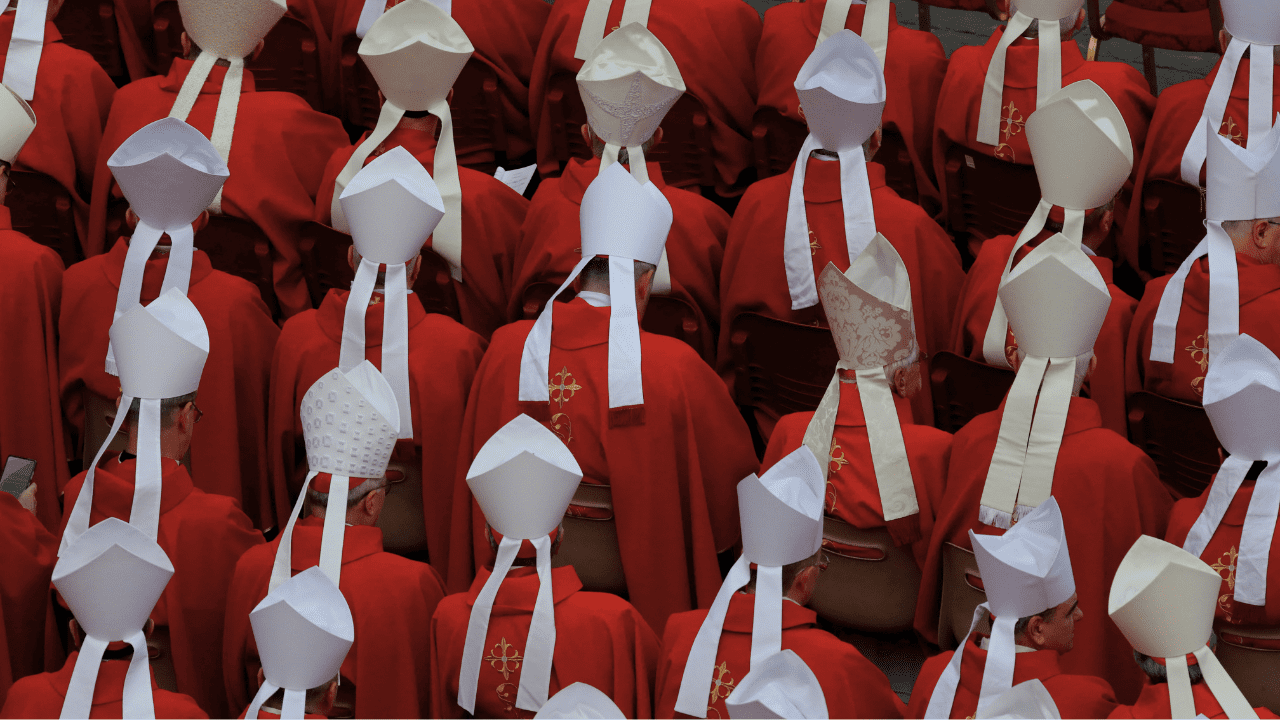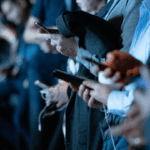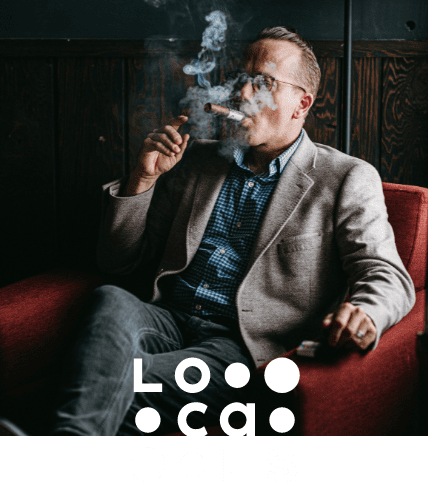People love simple narratives. Examples: “Australians are laid back”; “The French are arrogant” and “Americans are loud.”
Sometimes, there is a kernel of truth to these stereotypes. But reality is often much more complex than that.
This is especially true of the Second Vatican Council (1962-65). The media covering Vatican II created an oversimplified narrative that has distorted people’s perception of the council ever since.
Here are two things the media got wrong.
They looked at the council through a political lens.
The media portrayed the council as a battle between conservatives and liberals — these two camps being understood in a political rather than religious sense. One week the “conservatives” would score a victory; the next week it was the “liberals.”
In reality, the bishops represented a spectrum rather than two clearly defined camps. While two bishops would agree on one issue — say, the immorality of torture — they would disagree on another, such as ecumenism. There were no clear-cut lines between “conservatives” and “liberals.”
They thought that the bishops let their theological experts run the council.
While the bishops — united to the pope — are the ultimate authorities in an ecumenical council, many of them brought theological experts to Vatican II to aid them with the issues under discussion.
The media overemphasized the theologians’ role in creating the documents of the council. Some outlets even went so far as to say that the bishops were unaware of what their helpers put into the documents yet voted on them anyway.
This is false. The bishops kept a close eye on everything going into the council documents. “Dei Verbum” — one of the shortest documents from the council at only about 12 pages long — went through many drafts with numerous comments from bishops who wanted to make sure it was as clear and accurate as possible.
In addition, the drafting committees couldn’t change a document unless a bishop had requested it. Bishops were very aware of the content of the Vatican II documents and every document received the approval of the vast majority of bishops.
Vatican II — like every council before it — was a messy event. But the Holy Spirit guided it, so we can be confident that the final documents given to us are what God wants us to believe and live in this troubled age of ours.







